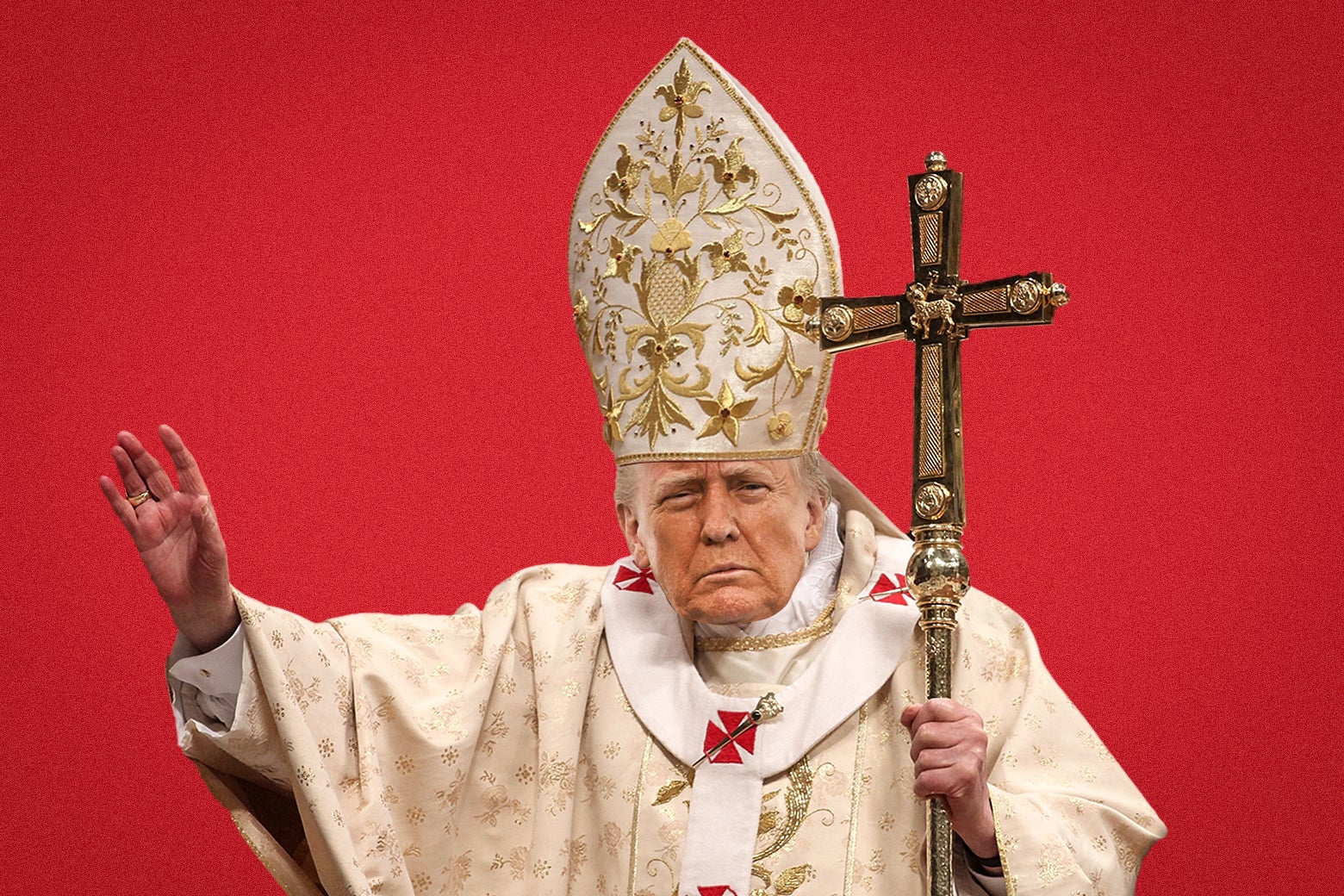
"I confess this never struck me before," Iredell said, regarding the absurd worry that without religious tests for office the pope could be elected president."
"The proposed Constitution mandated native-born citizenship and 14 years of residency for presidential eligibility, which Iredell believed would keep popes out of the running."
During the North Carolina ratifying convention in 1788, James Iredell confronted concerns about the absence of religious tests for office, humorously dismissing fears that pagans or the pope could be elected. Iredell emphasized qualifications set by the Constitution, including native-born citizenship and a residency requirement, which he believed would prevent such occurrences. His remarks underscored the absurdity of that eraâs anti-Catholic sentiment and reflected a reasoned defense of the Constitution's inclusiveness and secular principles, as well as satirizing the overblown objections of his contemporaries.
Read at Slate Magazine
Unable to calculate read time
Collection
[
|
...
]